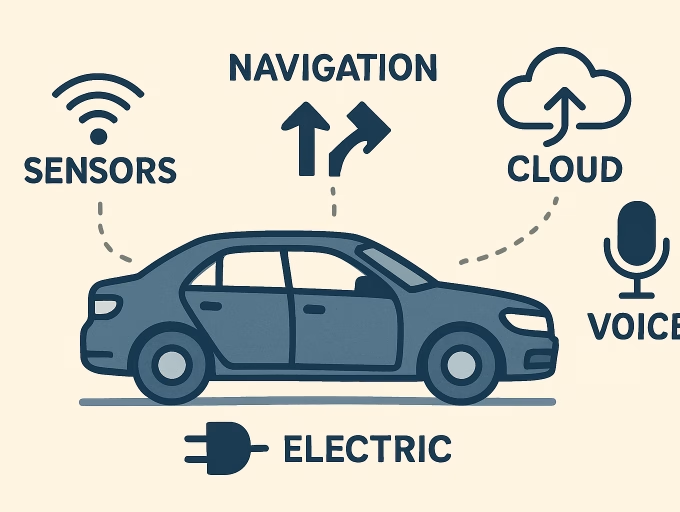Introduction:
A mechanic without the right tools is like a surgeon without a scalpel. Obviously, skill and experience matter, but those traits can’t overcome the need for specialized garage tools, especially the essential ones. Within every garage lies a set of five essential tools that empower mechanics to diagnose, repair, and fine-tune vehicles.
1. Wrenches
Wrenches are one of the most iconic and simple tools a mechanic needs. They are fundamental to automotive work and come in various styles and sizes. The primary wrenches a mechanic needs include:
- Adjustable wrenches
- Box-ended wrenches
- Combination wrenches
- Open-ended wrenches
- Ratcheting wrenches
When selecting wrenches, pay attention to quality. Invest in high-strength steel. You may also want to consider purchasing specialized wrenches like flare nut wrenches, torque wrenches, and extra-long wrenches.
2. Ratchets and Sockets
Wrenches are foundational tools essential to mechanical work. Ratchets and sockets help bring speed and power to a mechanic’s tool chest. Think of a ratchet and a socket as a handle and a tip. The socket fits around the bolts of drag racing seats, and the ratchet provides the torque or leverage necessary to remove or install them.
Ratchets come in many sizes, but the most common and useful are the 1/4-inch, 3/8-inch, and 1/2-inch. Each size ratchet can accommodate a matching range of sockets. Sockets are available in shallow or standard sizes and deep-well varieties for various fastener lengths. Depending on the mechanic’s needs, ratchets and sockets come in extended sizes and impact varieties.
3. Screwdrivers
While basic, screwdrivers are essential tools in any mechanic’s garage. They are versatile and often involved in an array of tasks. A mechanic’s toolbox usually has the core duo of Phillips and flathead varieties in various lengths and shank thicknesses. Mechanics may also have torx bits or star-shaped screwdrivers. Finally, a professional typically has offset and stubby screwdrivers to improve access and maneuverability.
4. Specialty Tools
Depending on the mechanic’s work and experience level, they may have several specialty tools. For example, maybe the professional does disc brake conversion work, or perhaps they focus on electrical systems. Electrical or computer work may require a diagnostic scan tool or a multimeter. They may also need other specialty tools like pullers and seal drivers. The exact tools depend on the type of work and may even rely on the make and model of the vehicles the mechanic specializes in.
5. Impact Wrench
An impact wrench is an essential tool in every mechanic’s garage. The tool is beneficial when working on vehicles with rusty or overly tightened bolts. The power tool delivers a series of rapid hammering blows that apply rotational force to loosen even the most stubborn fasteners.
The most powerful and capable impact wrenches are pneumatic or air-powered. These tools are typical in professional garages with air compressor systems. If you want a pneumatic tool in your home garage, you must invest in an air compressor.
The above tools are only a sampling of the most necessary tools in a mechanics garage. If you want to learn about these tools or other essential purchases, contact a local mechanic and ask for help.

















